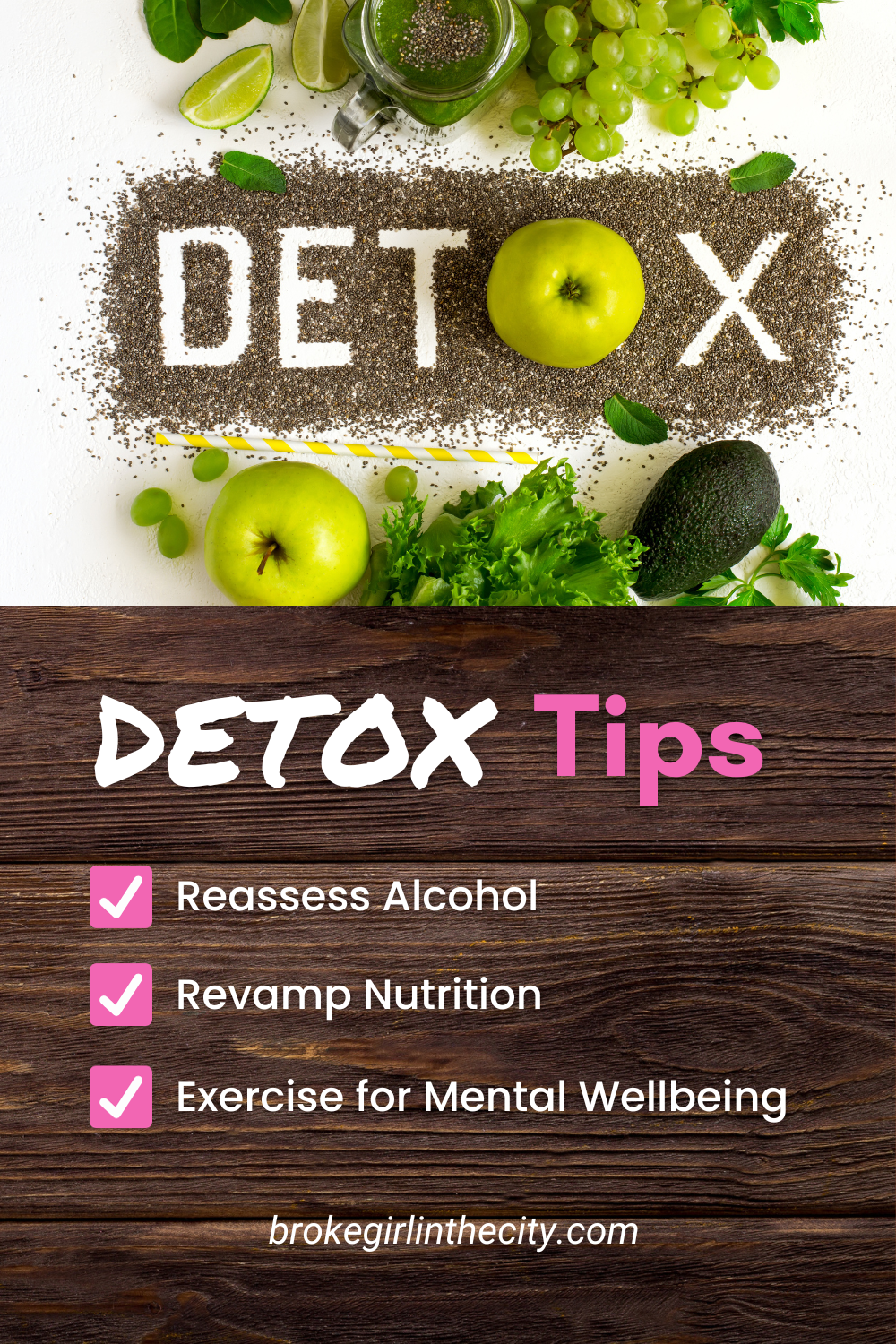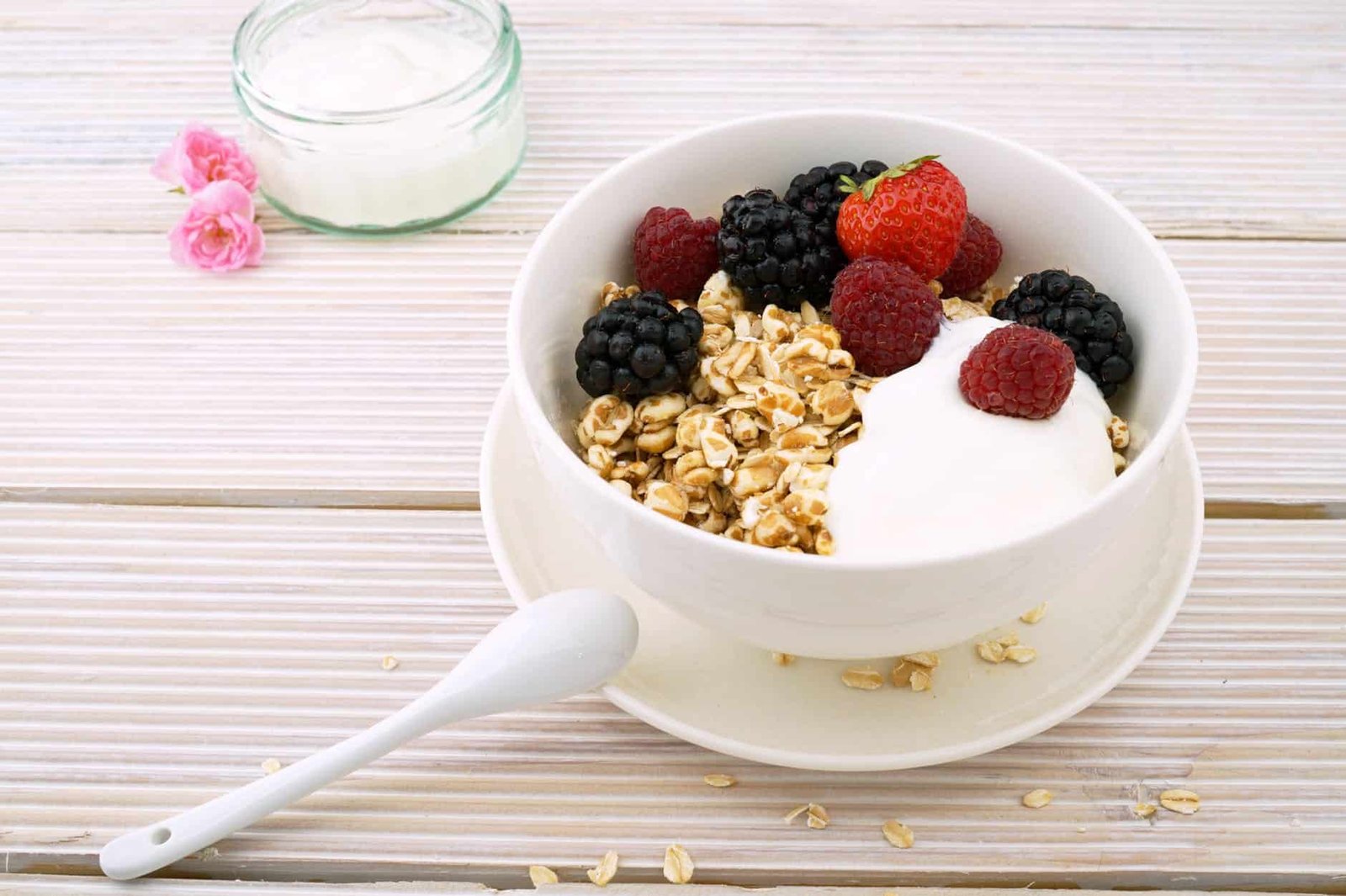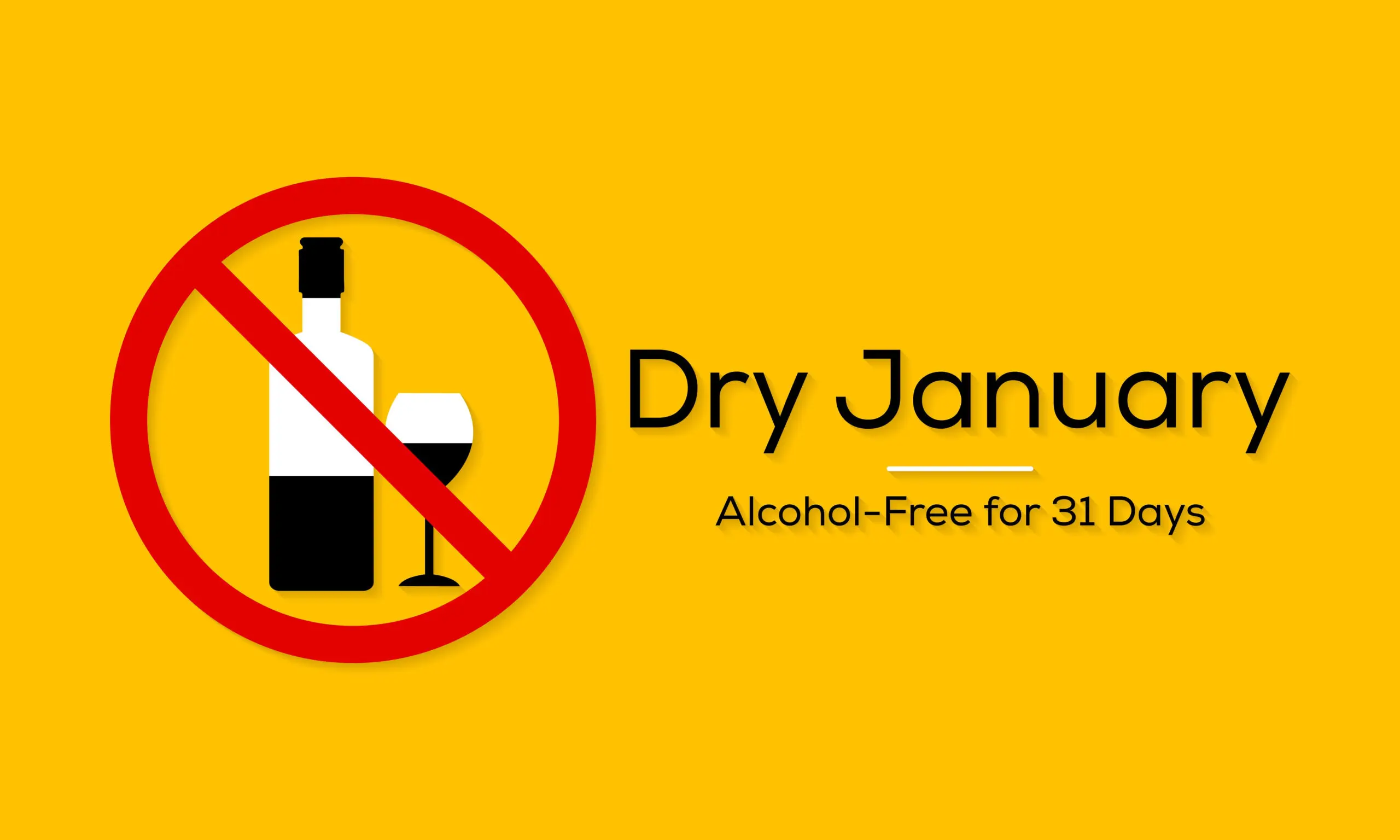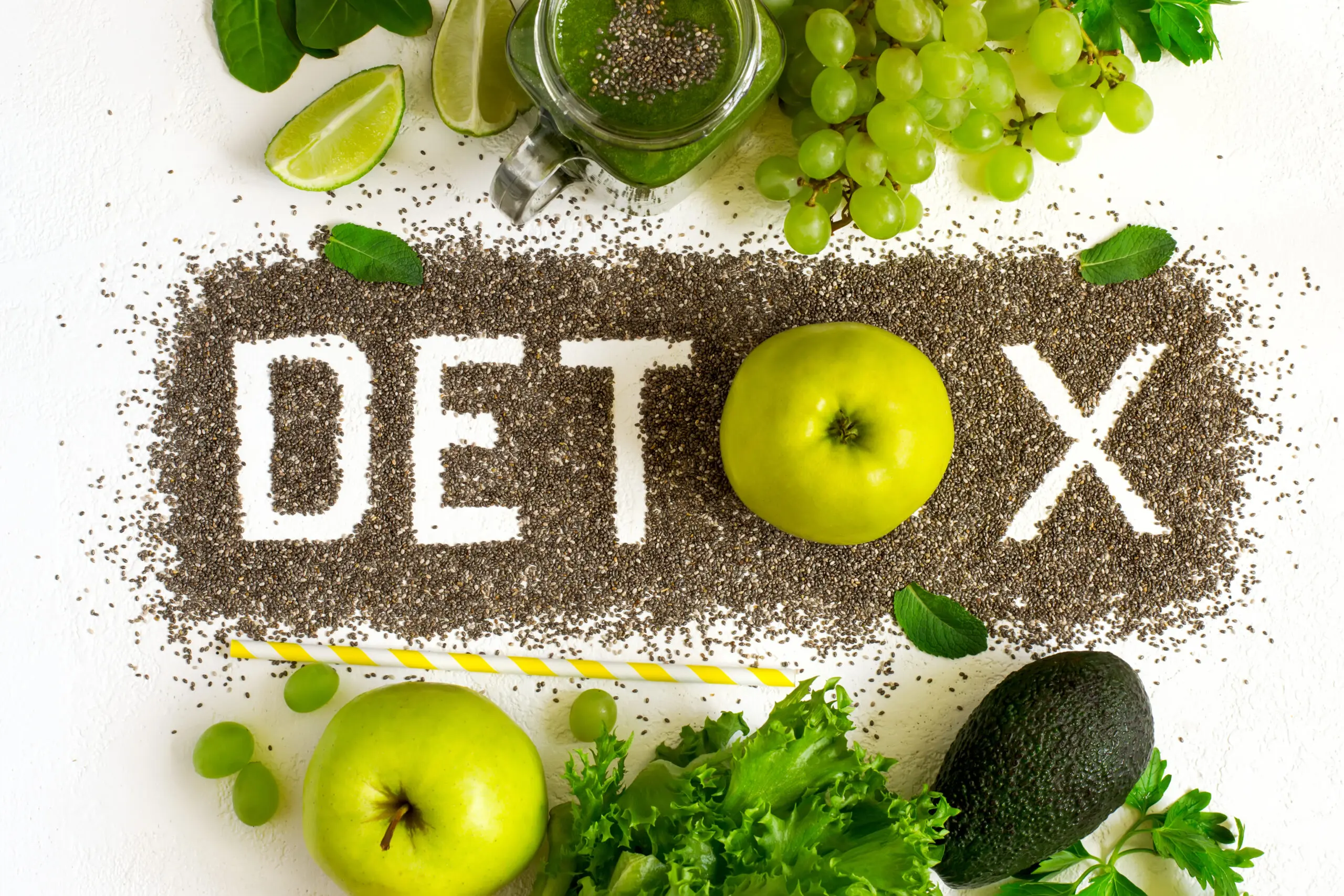
Detox Your Body: Tips for a Healthy January
As the festive season winds down, many of us grapple with low mood, decreased energy levels, and dwindling morale. The aftermath of Christmas, marked by overindulgence in both food and alcohol, can take a toll on mental health and overall well-being. To kickstart a healthier January, Lee Hawker-Lecesne MBPsS, Clinical Director at The Cabin, Asia’s premier rehabilitation center with over 50 years of clinical expertise, provides invaluable advice on regaining balance and detoxing your body.

Reassessing Your Relationship with Alcohol
Lee emphasizes the importance of reevaluating your relationship with alcohol after the holiday excess. “Even moderate alcohol consumption can have lasting effects on both the mind and body. Cutting down on alcohol intake aids in weight loss lowers blood pressure, and contributes to overall well-being. The holiday season often sees us overindulging, leading to increased stress, anxiety, and depression. Taking a temporary break from alcohol, or even participating in initiatives like Dry January, can yield immediate improvements, including enhanced brain function, clearer skin, and a reduced risk of various cancers,” he says.

Revamping Your Nutrition Post-Christmas
After the festive season, restoring proper nutrition becomes crucial for mental health. Focus on foods that support healthy brain functioning and mood elevation. Some mood-boosting options include:
Brazil Nuts: Rich in selenium, essential for a healthy brain.
Oily Fish: A source of Omega-3 fatty acids, believed to prevent depression.
Oats: Low glycemic index for stable energy release and selenium content.
Bananas: Packed with vitamins A, B6, and C, potassium, and tryptophan for energy.
Lentils: Protein-rich and a complex carbohydrate for stable energy.
Chicken and Turkey: Increase tryptophan, supporting serotonin production.
Spinach: A B-vitamin powerhouse linked to a healthy mood.

Dealing with Post-Holiday Blues
“Feeling low or experiencing post-holiday blues is natural,” says Lee. “Cutting out alcohol as a short-term goal may help you recognize these signs and provide you with space to begin practising some self-care by maintaining a routine. “Try not to buy into any negative thoughts during January” says Lee. “It’s important to understand that these feelings are not facts. Post-holiday blues are transient and will pass with time.”

Exercising for Mental Well-being
Incorporating exercise into your routine is crucial to combating mental health challenges. Activities like jogging, swimming, cycling, walking, and somatic movements like meditation and mindfulness can significantly improve mental fitness. Regular exercise enhances blood circulation to the brain, influencing the hypothalamic-pituitary-adrenal (HPA) axis and physiologically impacting stress reactivity. The limbic system, amygdala, and hippocampus—crucial brain regions controlling mood, fear, and memory—are positively influenced. The health benefits of regular exercise include improved sleep, stress relief, enhanced mood, increased energy, reduced fatigue, and heightened mental alertness. By following these simple tips, you can embark on a journey to detoxify your body, both physically and mentally, ensuring a healthier and more balanced start to the new year.
“I often tell clients that you can do anything for 1 month that would seem impossible to do for 1 year”, suggests Lee. “By setting an intention to commit to a short-term goal, such as refraining from alcohol for a month, then attaining that goal is far more manageable and psychologically achievable than committing to the same goal for an entire year. Anyone can apply this concept to their New Year’s resolutions and achieve some level of success rather than setting ambitious goals for the entire year and then potentially struggling to maintain the momentum over the long term. The result could also be the difference between basking in success and feeling that you have failed, which nobody wants.”

Lee suggests that choosing to undertake a “Dry January” or a one-month alcohol detox can have several benefits:
Achievable Milestone:
- Setting a one-month commitment is a realistic and attainable goal, making it easier for individuals to stay motivated and focused. “This allows for a sense of accomplishment and provides a tangible timeframe to work towards,” says Lee.
Resetting Habits:
- Refraining from alcohol for a month provides an opportunity to break with routine and reset drinking habits. “This can allow individuals to reassess their relationship with alcohol and gain insights into their consumption patterns. Remember, where you are in a month could be very different from where you are today and provide you with a sense of achievement you can build on.”
Health Improvements:
- A month without alcohol can lead to noticeable health improvements. “Reduced alcohol intake is linked to better sleep, improved digestion, enhanced skin appearance, and potential weight loss. It also gives the liver a chance to recover,” says Lee.
Mental Clarity:
- Alcohol affects cognitive function, and a break from drinking can result in improved mental clarity and concentration. “Time away from alcohol allows individuals to experience the positive impact of sobriety on their overall well-being. This is great for both individuals and their loved ones.”
Financial Savings:
- Cutting out alcohol for a month can lead to significant financial savings. “A lot of people are suffering the effects of inflationary prices at present,” says Lee. “The tangible benefits of freeing up money that would have been spent on alcohol can be a strong motivator. It may also encourage individuals to reevaluate their spending habits related to alcohol”. Try out the Plum app and start saving today!
Increased Energy:
- Alcohol can contribute to fatigue and lethargy. Abstaining for a month can increase energy levels, allowing you to engage in more productive and fulfilling activities.
Emotional Well-being:
- Alcohol is often linked to mood swings and heightened emotions. “Any break from drinking can lead to more stable moods”, says Lee. “Cutting alcohol out of your life for a while can reduce anxiety and lead to an overall improvement in people’s emotional well-being.
Social Reflection:
- Taking a month off from alcohol allows individuals to navigate social situations without relying on alcohol. It offers a chance to reflect on the role of alcohol in social interactions and to discover alternative ways of socializing.
Lee comments: “While refraining from alcohol for a month may seem challenging, the short-term nature of the goal makes it a powerful stepping stone toward potential longer-term lifestyle changes. In my experience, it can serve as a foundation for individuals to build healthier habits, gain self-awareness, and potentially consider extending their alcohol-free journey beyond the initial month”.

